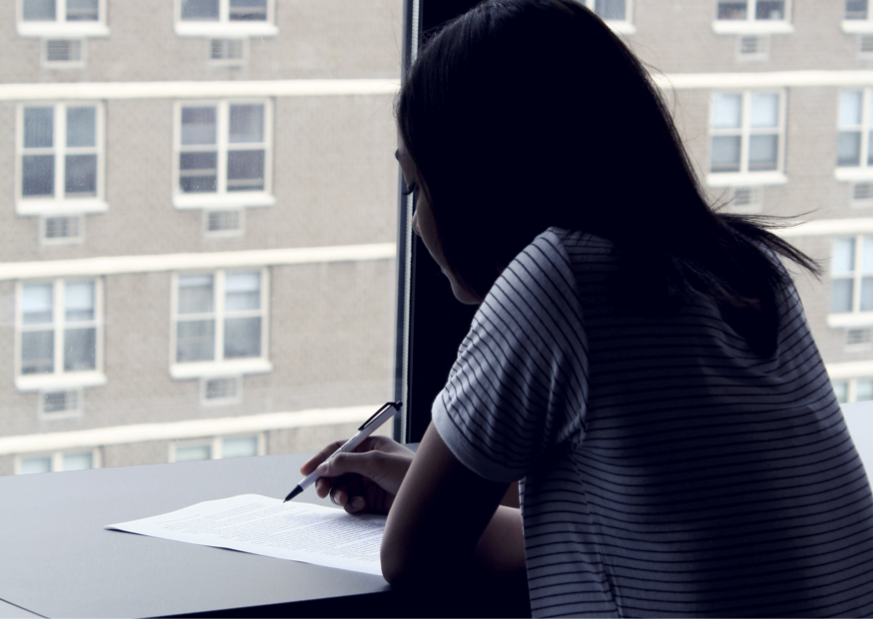Blog

Congratulations to Write for the Future’s Class of 2024.
Our students have received many acceptances, including Princeton, Harvard, Yale, MIT, Bucknell, Morehouse, Spelman, Hampton, Cal Tech, Cornell, Georgetown, Howard, Rice, and many other colleges. Good luck with the decisions.
Attention Juniors and Parents of Juniors: Enrollment is open for the Class of 2023. For enrollment information, email us at appointments@writeforthefuture.com.
Individualized Attention! Write the Best Essay of Your Life with the Guidance of a Proven Team!
We are now enrolling Juniors/Rising Seniors in our Individualized College Admissions Essay Writing Program.
The program begins with a free consultation in person or via skype. To schedule a consultation, email us at appointments@writeforthefuture.com.
To read testimonials from parents and students who have gone through the program, click here.
To read essays of our students going to the following schools, click on the school:
Brown, Bates, Franklin and Marshall, George Washington, Johns Hopkins, Northwestern, Sarah Lawrence, Tufts, Tulane, University of Chicago, University of Southern California, University of Virginia, Yale
Congratulations to Write for the Future’s Class of 2023 on your Early Decision/Early Action Acceptances. So far our students have been accepted at Princeton, Cornell, Wake Forest, Morehouse, Lehigh, George Washington, Penn State, Howard, Northeastern, Virginia Tech, and more.
Announcing Summer 2023 Workshops on Martha’s Vineyard: We’re excited to announce the dates for our popular Martha’s Vineyard Write for the Future College Admissions Essay Writing Workshops. This marks our 14th year.
Session One : Wednesday and Thursday, 10:30-2:30, August 9 and 10.
Session Two : Monday and Tuesday, 10:30-2:30, August 14 and 15.
To enroll, contact us at appointments@writeforthefuture.com
Our Early Bird runs through February 6 at a price of $450.00. Early Bird 3 runs from February 6-March 15 at a price of 500. After March 15, the price is $600.
Enrollment is on a First Come First Serve basis. We will be in person again this year, but students must have up-to-date Covid vaccinations and booster shots.
